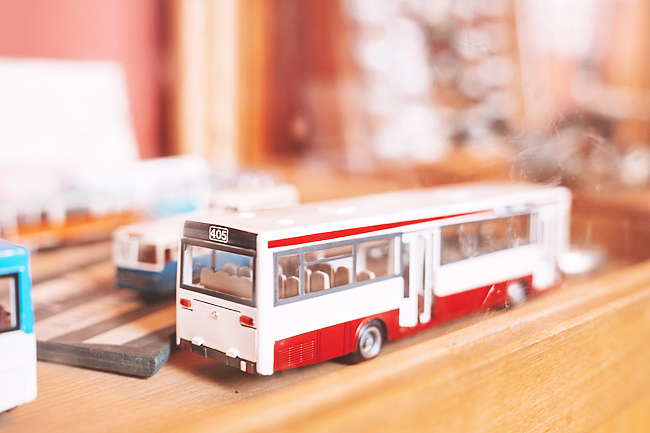The neglected state of Brunei’s public transportation system, specifically the bus network, prompts a call for urgent attention. It’s high time to consider the advantages of privatisation and modernisation, aligning Brunei’s public transport with international standards ensuring equitable access for all citizens.
Comparing Brunei’s bus system to those in developed nations exposes a glaring disparity in terms of convenience, efficiency, and attractiveness.
Despite the country’s high car ownership rate (averaging two cars per household), the significance of a robust and user-friendly public transport system shouldn’t be underestimated.
A well-functioning public transport system offers numerous benefits, including alleviating traffic congestion, reducing carbon emissions, and enhancing mobility for those without personal vehicles.
Foreign travellers, particularly backpackers, face considerable hardships after crossing Sungai Tujoh, especially when coming from Miri. I’ve watched vlogs of them resorting to hitchhiking or walking long distances due to transportation challenges.
This predicament not only underscores the deficiencies in the transportation system but also presents an opportunity to enhance Brunei’s tourism image.
An efficient bus system could reshape tourists’ perception of the country as a whole, promoting accessibility and hospitality.

Difficulties encountered by visitors beyond Sungai Tujoh create a negative impression of Brunei.
Mobile and connected travellers, especially backpackers, heavily rely on accessible transport options. Their experiences, shared widely on social media, contribute to shaping Brunei’s image as either welcoming or challenging to navigate.
Currently, locals mainly use buses for trips to Miri or the Raja Isteri Pengiran Anak Saleha (RIPAS) Hospital shuttle, while foreigners form the primary user base.
This exposes a critical issue: the public transport system doesn’t cater to Bruneians’ needs and preferences. To rectify this, the bus system needs to become more user-friendly and attractive to citizens.
Privatisation could inject innovation and efficiency into the system. Privately operated bus services, successful in various parts of the world, offer improved routes, punctuality, and service quality. Introducing a card-based payment system akin to Singapore’s MRT card would streamline payments and promote public transport use.
Moreover, the stereotype that buses are only for the less privileged must be dismantled. By upgrading bus stops to give a modern look equipped with comfortable facilities, waiting for the bus can be a pleasant experience for all commuters.
Coupled with a robust social media presence to share updated bus schedules, perceptions can be transformed, boosting public interest.
The youth hold the key to the system’s future. Modern, appealing bus stops tailored to their preferences could reshape their attitudes, fostering a perception of public transport as trendy and sustainable. Brunei’s public transport system needs a transformative leap. Privatisation can introduce efficiency and innovation, while modernisation can enhance appeal and accessibility.
The goal is to shift from a culture where locals only use buses abroad to embracing them domestically.
This change is not just about convenience; it’s vital for Brunei’s sustainability and progress.
Buses For The Masses


